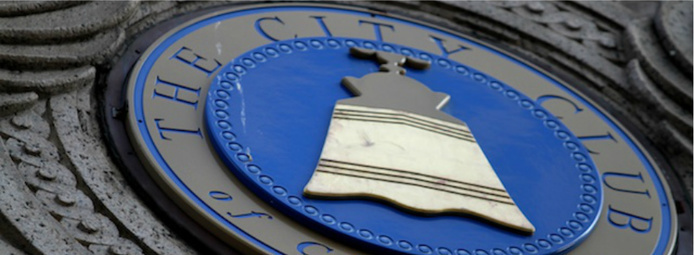Monday, February 07, 2022
#FREESPEECH in the News Feb. 11, 2022

As the Citadel of Free Speech here in Cleveland, we work to protect and promote the basis of our democracy by sharing related stories, commentary, and opinions on free speech in the 21st century. Here's what's making the news – and what you should know about – in the past week.
1.) Iowa universities to debut free-speech training Wednesday
In line with a new state law and a Board of Regents policy, Iowa’s public universities are rolling out a mandatory free-speech training program Wednesday that all students, faculty and staff must complete by the end of this spring’s semester.
The training program takes 15 to 20 minutes, according to messages university leaders sent to their respective campuses Tuesday, saying to expect an email from the regents on Wednesday with the subject line “Free Speech Training.” Although the training is mandatory, and regents spokesman Josh Lehman said it’s important “so that everyone is better informed about free speech on our campuses,” the board has not put in place penalties for failing to complete it.
The new legislation, House File 744, which Republican Gov. Kim Reynolds signed into law last May, governs First Amendment training, prohibitions and requirements across Iowa’s school districts, public universities and community colleges.
2.) Free speech concerns for Olympic athletes voiced after China warns of 'punishment'
Human rights groups and U.S. officials are concerned about the safety of Olympic athletes in China if they speak out on political issues at the 2022 Winter Games in Beijing following a warning from a Chinese official about "punishment" for competitors should they do so. Yang Shu, the deputy director of international relations for the Beijing organizing committee, said any speech against the Olympic spirit or Chinese laws would be "subject to certain punishment" during a press conference on Jan. 18. Shu did nothing to ease concerns at a press conference on Tuesday, saying that International Olympic Committee Rule 50 does include some speech regulations.
"At the medal ceremonies, they cannot make their opinions but in press conferences or interviews, athletes are free to express their opinions," Shu said Tuesday. "But athletes need to be responsible for what they say."
Shu's comments spurred human rights organizations like Human Rights Watch and U.S. officials to warn athletes about speaking out and to call on the IOC to guarantee freedom of speech at the Games.
3.) From Georgetown to Yale, free speech controversies roil top law schools
When Georgetown University Law Center placed new faculty member Ilya Shapiro on leave Monday over his comments regarding the race of President Biden's future Supreme Court nominee, it joined a growing list of law schools embroiled lately in free speech disputes.
The University of Pennsylvania Carey Law School, Yale Law School and Stanford Law School have each faced free speech controversies over the past year, highlighting tensions between race, inclusivity and open discourse.
Just two weeks ago, UPenn's law dean said he was seeking sanctions against longtime professor Amy Wax, whose comments about race and immigration have spurred periodic campus outrage since at least 2017. Wax recently wrote that as long as Asians support Democratic politicians, the country would be "better off with fewer Asians and less Asian immigration."
At Yale Law School, critics alleged the school trampled on free speech rights this fall when it sought an apology from a student who sent out an invitation to a “Trap House” party. The phrase, originally slang for a place where drugs are sold, was seen by some classmates as offensive and racially charged. Dean Heather Gerken later apologized for the school’s handling of the situation.





